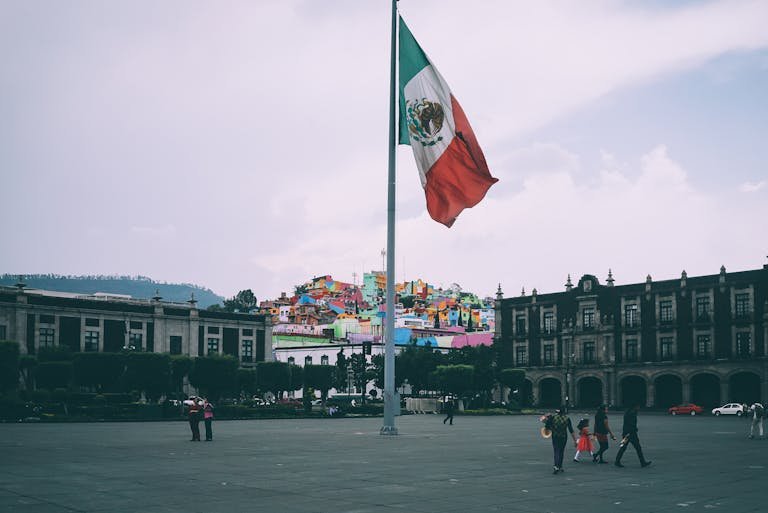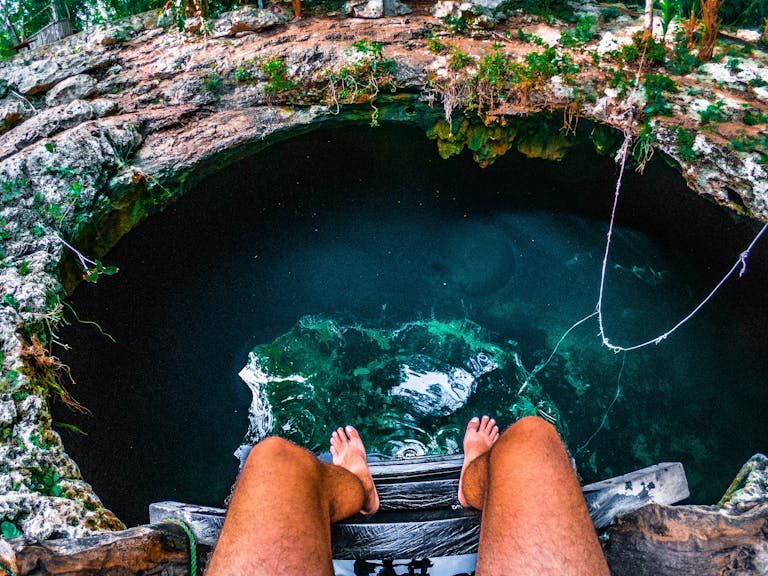Your Guide to Costa Rican Citizenship: A Dream Come True
Costa Rica is known for its beautiful landscapes, biodiversity, and peaceful living environment. It has become a popular destination for expatriates and individuals seeking to live in a peaceful country with a stable democracy. Becoming a citizen of Costa Rica offers numerous benefits, including free access to healthcare and the right to vote.
In this blog, I’ll explain the different pathways of How to Become a Citizen in Costa Rica, step-by-step, with useful tips to help you understand the process.
Naturalization: The Most Common Route
Naturalization is the primary method many people use to become Costa Rican citizens. This pathway involves a multi-step process, including legal residency and fulfilling various criteria.
Steps to Becoming a Citizen through Naturalization
1. Obtain a Temporary Residency Visa
To begin the process, you must first obtain temporary residency in Costa Rica. Several visa options exist based on your income, retirement status, or investment in the country. Let’s go through the most common ones:
- Rentista Visa: If you can prove a monthly income of at least $2,500 from a stable source (such as investments or savings), you may qualify for this visa. You must provide proof of this income for at least two years.
- Pensionado Visa: If you are retired and receive a pension of at least $1,000 per month, this visa is perfect for you. It’s ideal for retirees who want to enjoy Costa Rica’s warm climate and slower pace of life.
- Investor Visa: This visa is for those who wish to invest a significant amount of money in Costa Rica. Typically, you need to invest at least $150,000 in the country, whether it’s in real estate, a business, or a local project.
2. Convert to Permanent Residency
After you’ve legally lived in Costa Rica for three years under a temporary residency visa, you’re eligible to apply for permanent residency. Permanent residency grants you more rights, such as the ability to work freely without needing a work permit. This is an important step in becoming a Costa Rican citizen, as you’ll need permanent residency before applying for citizenship.
3. Apply for Citizenship
Once you’ve been a legal resident (both temporary and permanent) for a total of seven years, you can apply for citizenship. The following are key requirements to keep in mind when applying:
- Language Proficiency: You must demonstrate a basic understanding of the Spanish language. Don’t worry, though, the language test is not overly difficult, but it’s important to practice speaking and understanding Spanish.
- Knowledge of Costa Rican History and Culture: You will be tested on your understanding of Costa Rican history, culture, and national symbols. Studying the country’s history and familiarizing yourself with its culture will help you pass this part of the application.
- Clean Criminal Record: You must provide a police clearance certificate proving you have no criminal record in Costa Rica or your home country. This is a strict requirement for applicants.

Citizenship Through Marriage
If you marry a Costa Rican citizen, the process of becoming a citizen is significantly easier and faster. In this pathway, you can apply for citizenship after just three years of marriage, regardless of whether you’ve lived in Costa Rica for the full three years.
Requirements for Citizenship Through Marriage
- Valid Marriage Certificate: You must provide proof of a legal marriage to a Costa Rican citizen.
- Residency Requirements: Although this route speeds up the process, you may still need to reside in Costa Rica for a certain period to demonstrate your intent to live there permanently.
- No Criminal Record: As with the naturalization process, you need to have a clean criminal record.
- Language and Cultural Knowledge: You will also need to show that you have an understanding of the Spanish language and Costa Rican culture. This helps demonstrate your integration into Costa Rican society.
Citizenship by Birth
Costa Rican law grants automatic citizenship to individuals born in Costa Rica. You may also qualify for citizenship if one or both of your parents are Costa Rican, even if you were born abroad.
Who Qualifies for Citizenship by Birth?
- Born in Costa Rica: If you were born in Costa Rica, you automatically acquired Costa Rican citizenship.
- Parents of Costa Rican Descent: If one or both of your parents are Costa Rican citizens, you can apply for citizenship even if you were born outside the country. This type of citizenship is typically granted with fewer bureaucratic hurdles.
Additional Benefits of Citizenship by Birth
Being born a citizen comes with automatic access to all the benefits Costa Rica offers, such as free healthcare, education, and the ability to participate in national elections without undergoing the residency process.
Read Also: New Orleans Nirvana: Where to Stay

Citizenship by Investment
For those with significant financial resources, Costa Rica offers a pathway to citizenship through investment. This option is particularly attractive for entrepreneurs and investors looking to build a future in the country.
Requirements for Citizenship by Investment
- Minimum Investment: To qualify, you must invest at least $150,000 in Costa Rican projects, real estate, or businesses.
- Permanent Residency: After investing, you will first obtain permanent residency. You are then eligible to apply for citizenship after holding residency for five to seven years.
- Clean Criminal Record: Similar to other pathways, you will need to provide a police clearance certificate showing that you have no criminal history.
Important Additional Considerations
Becoming a citizen in Costa Rica comes with additional requirements and factors you’ll need to keep in mind. These include language proficiency, dual citizenship policies, and financial stability.
Language Proficiency
As part of your application process, you will need to show that you are proficient in Spanish, both spoken and written. If you’re not already fluent, I recommend enrolling in a Spanish language course early in your residency process. You’ll need to pass a basic language test as part of the citizenship requirements.
Clean Criminal Record
A key requirement across all paths to citizenship is the need for a clean criminal record. Costa Rican authorities are strict about this, and any criminal history, whether in Costa Rica or your home country, could result in your application being denied. Ensure that you stay on top of any legal issues while residing in the country.
Financial Stability
You may be asked to prove that you have the financial resources to support yourself and any dependents during your residency. This requirement is mainly enforced for those applying through the Rentista or Pensionado visa programs. Be prepared to provide bank statements, income reports, or other documents proving financial stability.
Dual Citizenship in Costa Rica
Costa Rica generally allows dual citizenship, which means you can maintain your original nationality while becoming a Costa Rican citizen. This is especially beneficial for individuals who don’t want to give up their original citizenship but want the rights and benefits of Costa Rican citizenship.
However, keep in mind that some countries do not allow dual citizenship, so you’ll need to verify with your home country whether it permits this.
Read Also: Is Costa Rica Expensive?
Conclusion
Obtaining Costa Rican citizenship comes with numerous benefits. Whether you’re looking to retire in a tropical paradise, invest in a growing economy, or simply enjoy the relaxed “Pura Vida” lifestyle, becoming a Costa Rican citizen opens up a world of opportunities.
I’ve provided you with a detailed roadmap on how to navigate the different pathways to citizenship, whether through naturalization, marriage, birth, or investment. While the process can take some time, with proper planning and understanding of the requirements, you can achieve your goal of becoming a citizen of Costa Rica.







